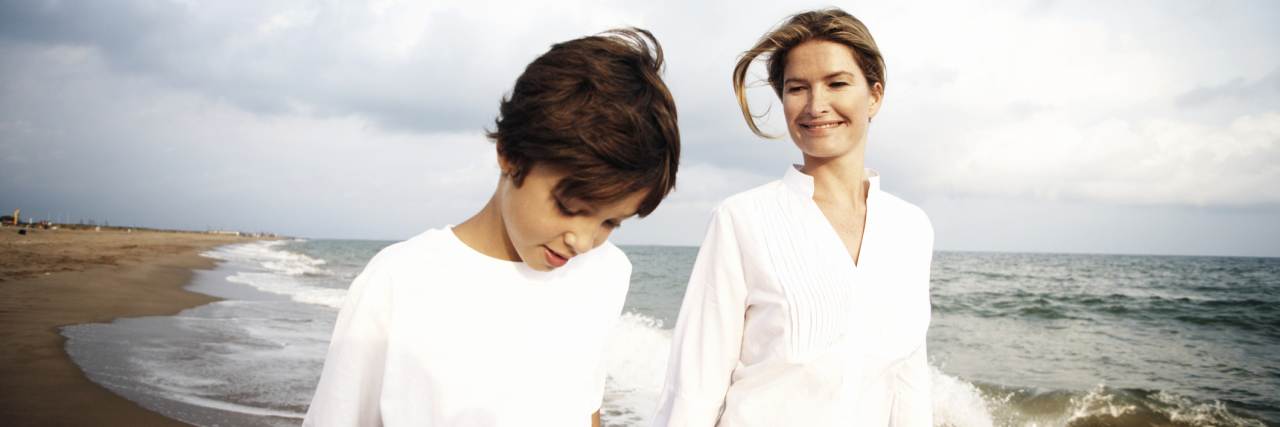I can’t say that I have it all figured out. For supporting someone with chronic health issues is a journey that requires us to adapt, learn, and acquire skills as we go along.
And as caregivers we will certainly find ourselves fumbling our way through. Sometimes we will hit the mark, helping and make a positive difference. And at other times, our well-intentioned efforts will fall short.
This is largely because each individual’s journey with chronic health will have unique characteristics and twists and challenges – making it difficult to produce a single prescriptive road map for the journey.
And because most of us are not well versed in the language of struggles and loss, or have the training to be on the front lines of health care support, it is challenging to consistently provide effective support.
But I do think it helps when we can honestly and transparently share our experiences and discoveries. For it allows others to learn vicariously through our experiences.
When we supported our youngest son, as he valiantly battled Crohn’s disease, we gained some insights that may be helpful to others. I found it helpful to imagine a diagnosis as being similar to when a large rock is thrown into a pond. Recognizing that as soon as a chronic health issue drops into a family, there are immediate ripples spreading outwards. These ripples are the secondary losses, not just for the one facing health issues, but also for everyone who is connected to them.
The secondary losses accompanying the loss of one’s health might include a loss of control, the loss of engaging in pursuits that once brought joy and fulfillment, losses associated with a change of diet, or the loss of dignity, friends, security, self-esteem, freedom, and faith. Taking the time to identify, acknowledge, and grieve these secondary losses, providing opportunities for them to be processed, is essential for maintaining optimal emotional, psychological and spiritual health.
Isolation can also be a consequence of chronic health. Both the the one with the illness and the care provider are often forced to withdraw from some of their previous activities and commitments. So it is important to become very intentional, enlisting the help of family and friends as a rich source for companionship, distraction, respite, and greater connection with the outside world.
A sense of isolation can also happen when the person living with the illness is unfamiliar with others who have a similar diagnosis. Recognizing this, my husband and I searched to find individuals who also struggled with Crohn’s disease. We ended up contacting three people, all whom graciously agreed to meet with us over coffee. Each was at different places in regards to their health, and each had their own unique experiences in regards to its progression, medications, treatment plans and surgery. Their transparency was profoundly encouraging. He found comfort in the fact others shared his struggles. And we carried forward new insights that we were later able to utilize in his battle.
While our first instinct is to protect others from having to experience hardship, it is actually healthier to include others in this journey as much as possible, and as age appropriate. We witnessed the blessing of watching our two other sons take their brother to his doctor appointments and to the hospital, travel with him to various activities, providing companionship and physical care. Their participation helped them grow in their ability to be empathetic, in their ability to grasp the nuances around pain and sorrow, and better prepared to provide support for any others who must also walk this road.
Enlisting the support of prayer warriors to form a prayer team helped me feel embraced in God’s love. Being covered in constant prayer helped me feel provided with an overwhelming assurance of God’s provision and protection.
And finally, we learned that caregivers wrestle with their own heartache. But because their energies tend to be so other-focused, as they provide support, their personal struggles and worry and grief are often set aside or buried. In this often long and unpredictable journey, caregivers must learn to nurture themselves. Finding the safe spaces and trusted friends and counsellors where they can lay down their own heart burdens, lean into their grief, and find spiritual and physical and emotional renewal.
Dealing with chronic health is not a journey to walk alone. Companionship and faith breathe life and hope into breaking hearts, and courage and strength into faltering steps. Sharing the burden and grief has the power to shift what could be an incredibly isolating journey, into a profoundly loving, intimate, and transformative experience.
We want to hear your story. Become a Mighty contributor here.
Gettyimage by: Getty Images

